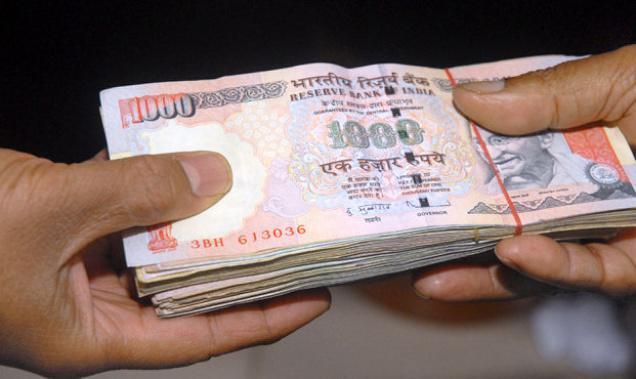Search
GST Impact on the Indian Economy
July 12, 2017
Experts say that while lower Goods and Services Tax (GST) rates will help to slash inflation, we should not expect the economy to grow considerably anytime soon.
Another notable change in the new regime is the fact that now a greater number of small companies will be brought under the tax net, which means more revenue for the government.

The following are some of the biggest impacts of GST on the Indian economy:
-
Anti-Profiteering Norm
For the GST regime to work up to its full potential, taxable traders and manufacturers must pass the benefit of lower taxes via ITC (Input Tax Credits) to their customers. To ensure this, the government has also set up an anti-profiteering clause that has provision for penalizing businessmen who don’t comply. However, experts have their doubts regarding this norm.
They believe that while most corporates would pass on the direct benefit of lower taxes to their customers, they will retain the indirect benefits such as lower costs in logistics, ITC etc.
-
Higher Costs for Small Companies
The majority of companies will have to restructure their operations and meet the compliance standards. While the large-scale businesses won’t have any problems, the small businesses may have to cough up a considerable amount of money to run their day to day operations.
-
Make in India “Boost”
Since the manufacturers will receive input tax credits for the capital goods, it will give an impetus to the “Make in India” movement. As a result, the GDP will grow faster with time.
-
Checking Tax Evasion
GST will improve tax compliance as taxable entities won’t be able to benefit much by staying off the radar. On the other hand, by staying compliant they will get to work with other compliant businesses and also receive benefits under GST. This will curb black money and tax evasion- a win for the economy.



